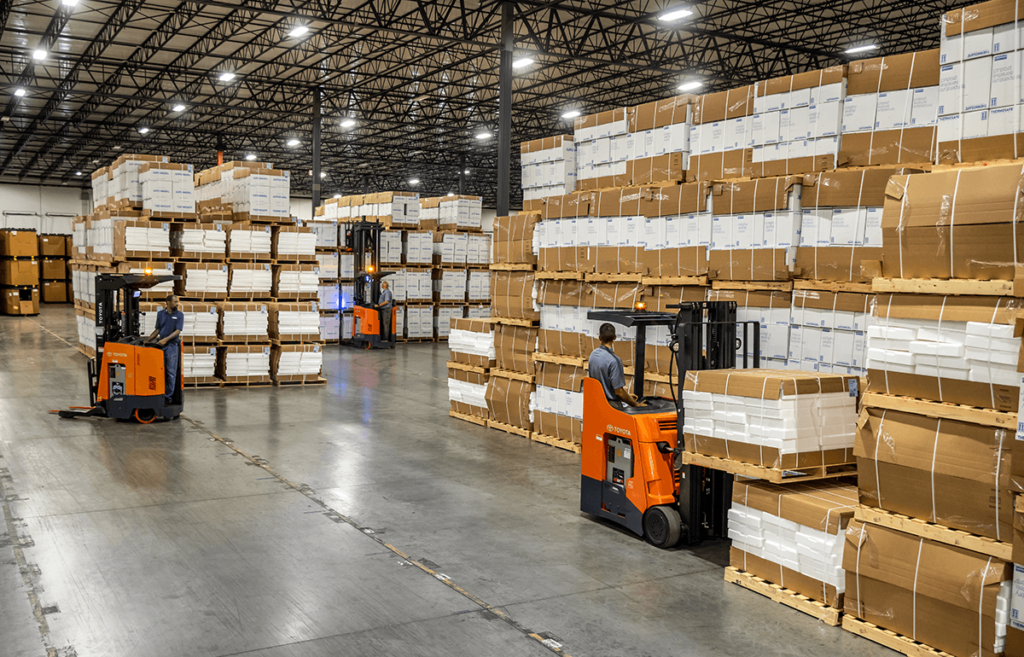Lean management is widely practiced across many different industries and is a driving force behind the best manufacturing in the world. In fact, many operations, including warehouses, use the principles of lean management to drive efficiency in their facilities and in the overall supply chain. But it’s also likely the case that many operations that think they are using lean management principoes are actually operating on common misunderstandings. Correcting them can be transformative for your business.
Start from the position that lean management is a journey. It’s a path to which you dedicate yourself. It’s not a series of actions you take for a one-time reduction in overhead costs. If you open yourself to the idea that lean management is a process of continuous improvement, you can see how the following misconceptions are easily dismissed.
Lean does not mean cheap.
One of the most common fallacies associated with lean management is the idea that lean management will always dictate that you make the least amount of initial investment possible in equipment, processes, and people. Not only is this incorrect but doing so can actually lead to a lot of waste in the long run, which undermines all of the principles of lean management.
Instead of thinking of “lean” as “cheap,” remember that lean manufacturing includes making decisions that drive efficiency and eliminate waste so that your business will gain operational efficiency and, in the long run, grow profit. Investing in the lowest price point equipment, for example, might mean that you accept a lower quality standard. If an unexpected breakdown occurs, your operation stops and you have to waste time waiting for repair or replacement. In this instance, the cheap solution was not the lean solution.
Lean is not about personnel reduction – it’s about personnel empowerment.
The fallacy that “lean” means “labor reduction” is a fundamental misunderstanding that can interrupt your lean journey from the start – and it’s simply not true. Lean manufacturing requires finding and eliminating waste in your operations to drive efficiency and productivity. In fact, eliminating personnel can lead to major gaps in coverage that turn into great amounts of waste.
Instead, lean management calls on a thorough and continual examination of your operations so that you can eliminate processes that are time wasters for personnel. If a process can be eliminated, then personnel are free to concentrate on less repetitive tasks or can complete more instances of a task in a given shift. In many cases, lean management requires the addition of staff if an operation identifies waste because an individual or group is spread too thin. They might need to complete too many tasks in a day or make mistakes because of having too many tasks to manage. Even if your lean journey leads you down the path of automation, that automation should be freeing up personnel to manage automation processes – empowering the success of the individual and the business.
Lean is not a “set it and forget it” management style.
Another misunderstanding of lean manufacturing is that managers can install the overarching philosophy once and then let it run. “Lean management” isn’t an inoculation against waste – you can’t go and get one dose of lean management and become efficient overnight. Instead, lean management is the continual process of assessing and reassessing your operation, standardizing efficient processes, re-standardizing when business needs change, and looking for new causes of waste that occur when facility changes occur.
At the foundation of all things lean is the concept of “kaizen,” translated as “continuous improvement.” Under the lean management philosophy, every person in a facility should continuously be thinking of ways to make their day-to-day operation more efficient, and all associates need to be empowered to work with managers to ensure that the best practices are standardized to drive efficiency.
How to implement lean management into your operations:
Lean management is not a destination; it’s a continuous journey of improvement that requires a business to commit to its fundamental principles. Authorized Toyota dealers can help you get started on your path to lean manufacturing. All are partners who can help you with an initial facility audit to direct your first steps toward lean management.
The original content is located here.
Subscribe to Toyota Forklift’s blog here.

